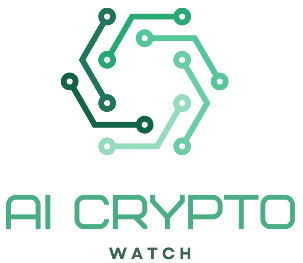Recalls in the food and beverage industry due to contamination incidents can be catastrophic for a company. Not only do companies have to pay fines and damages, but the impacts on the brand’s reputation can be long-lasting.
That’s why Spore.Bio, a Paris-based deeptech startup, is trying to reinvent microbiology testing to get ahead of the next PR crisis in the food industry. The company recently secured a $23 million Series A round, a little more than a year after it raised an €8 million pre-seed round ($8.3 million at current exchange rates).
Singular led the round, while Point 72 Ventures, 1st Kind Ventures (the family office of the Peugeot family), Station F and Lord David Prior participated. Returning backers LocalGlobe, No Label Ventures and Famille C also invested.
Spore.Bio managed to raise so quickly after its pre-seed round because it’s seeing real customer interest. The startup has already signed a few commercial contracts covering up to 200 factories, and it had to open a waitlist to keep up with demand.
But what makes Spore.Bio’s technology special? In the food and beverage industry, microbiology tests take several days. Companies have to take a sample and send it to a specialized lab for testing, which has to be done offsite, because petri-dish-based testing involves demultiplying any potential bacteria. So you can’t risk contaminating other parts of the factory with your testing. Second, the bacteria take time to incubate.
“Picture this, we’re in 2022, everything is hyper-optimized. You’ve got lean manufacturing everywhere, every step is optimized and counted in minutes to get a result, to move from one step to the next,” co-founder and CEO Amine Raji told TechCrunch. “And bam, you’ve got a 5-day imponderable test in the agri-food sector and a 14-day test in the pharmaceutical and cosmetics sectors to get a result because you have to wait for the bacteria to grow.”
Spore.Bio is using a completely different process. The company sends light at specific wavelengths toward a sample and records the spectral signature. Thanks to a pre-trained deep learning algorithm, it can detect whether that specific sample contains any bacteria or pathogens.
That model is Spore.Bio’s most important asset. The startup has signed a partnership with the Pasteur Institute to access its bank of bacteria samples.
In the coming months, the startup wants to make testing machines that its customers can use in their factories and perform microbiology testing on site. The company claims its process reduces the time taken from days to a matter of minutes.

Before founding Spore.Bio, Raji was a food and beverage manufacturing engineer working for Nestlé. He naturally focused on the industry he already knew, but it turns out that microbiology testing is much larger than anticipated.
Companies manufacturing cosmetic products have also expressed interest in Spore.Bio’s technology. “Manufacturers need to get rid of preservatives due to customer demands, environmental concerns and other reasons. Except that preservatives are bacteria-killing preservatives,” Raji said.
Similarly, the pharma industry found a use case for its most advanced treatments. “There is a growing need, especially for innovative therapies, such as gene and cell therapy,” Raji said. He added that these products tend to have a shelf life of as low as seven days, so the therapies can’t go through the usual testing processes in such a short timeframe.
With today’s funding round, the startup expects to flesh out its team of 30 people to 50 by the end of 2025.
